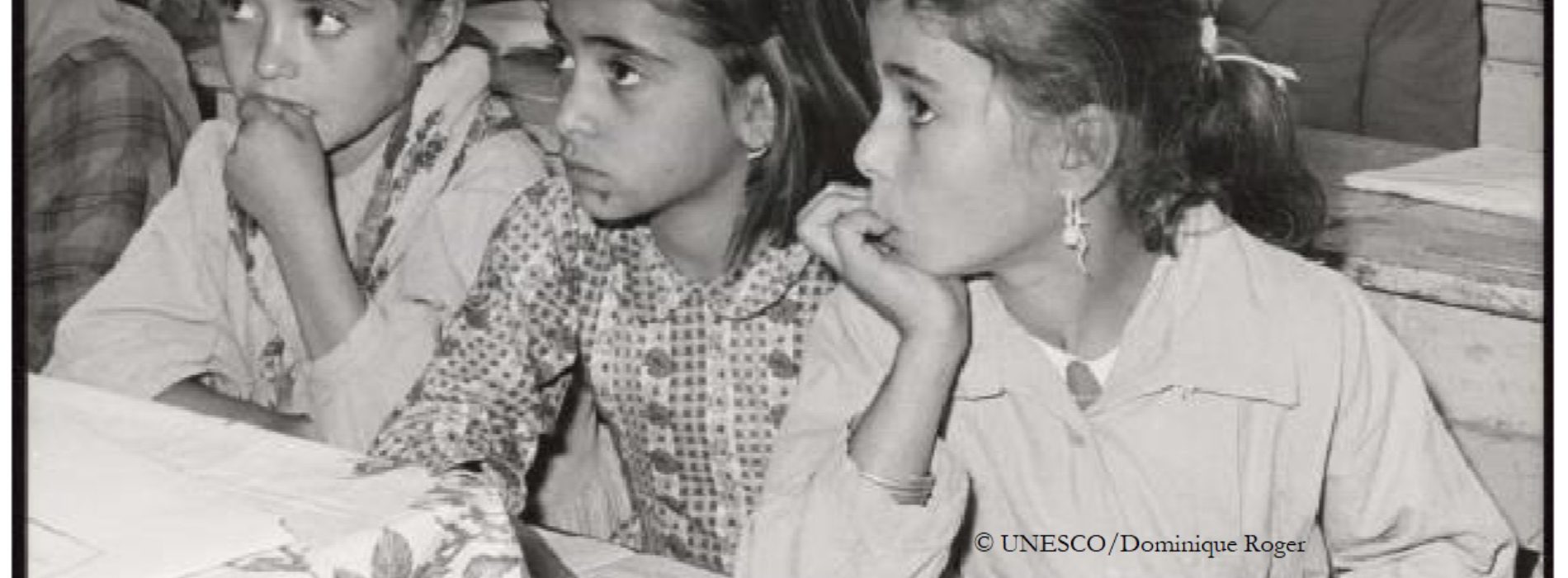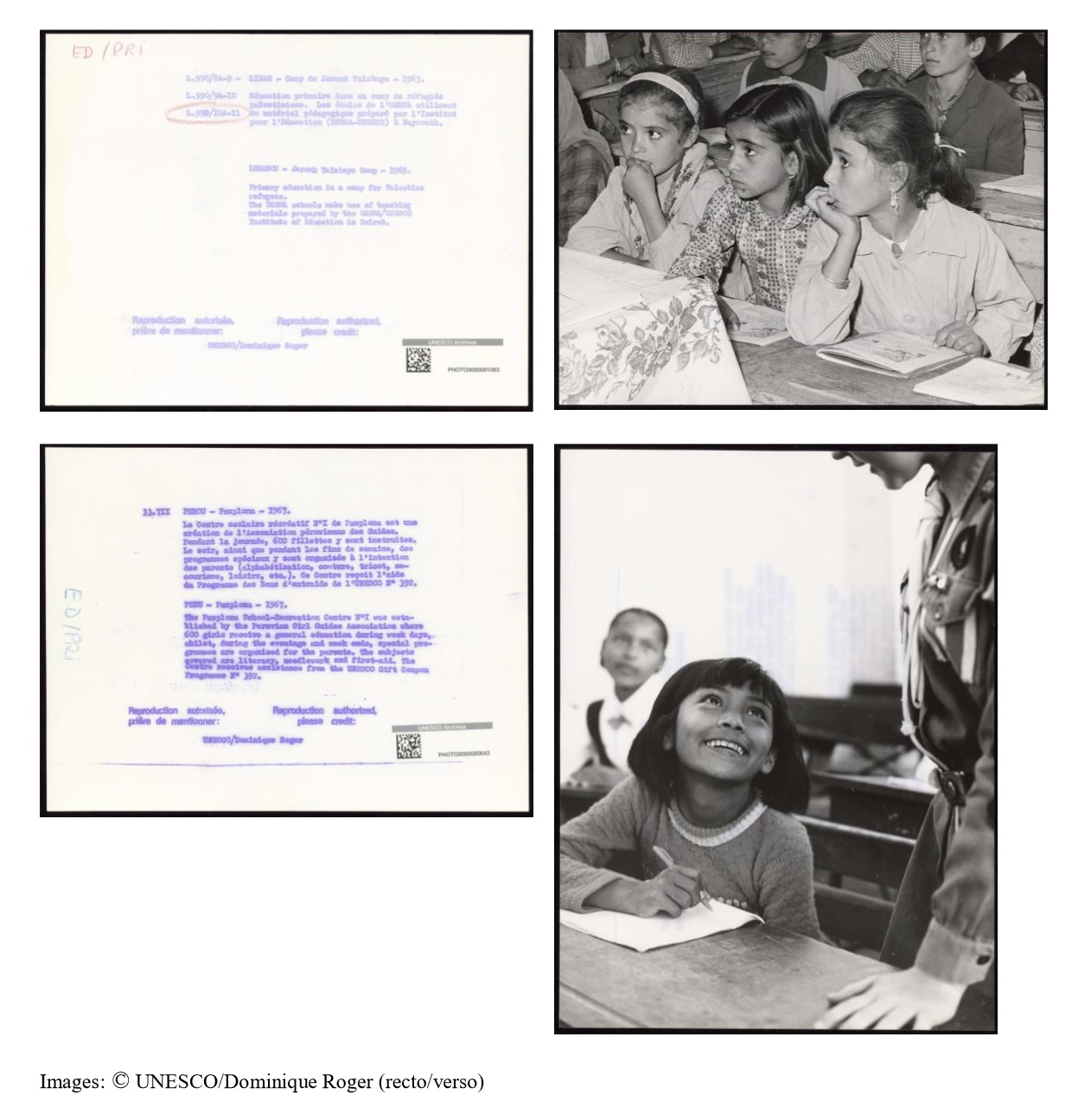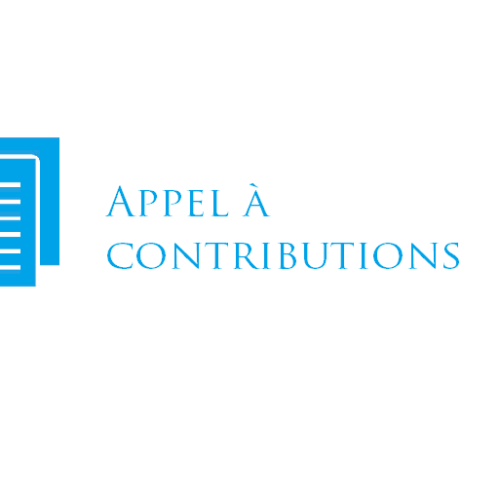Launch of the UNESCO Crowdsourcing Initiative
PUTTING A WORLD OF PICTURES INTO WORDS
Launch of the UNESCO Crowdsourcing Initiative
This Monday, March 11, UNESCO Archives is launching an exciting crowdsourcing initiative, Putting a World of Pictures into Words, as part of the Digitizing Our Shared UNESCO History project.
Volunteers are invited to transcribe captions from a selection of 5,000 newly-digitized photographs, which demonstrate the wealth and breadth of UNESCO’s activities from 1945 to the present. Available online for the first time, the images document watershed UNESCO moments, like the Campaign to Save the Monuments of Nubia (of which there are over 400 photos!). Other photos reveal themes of common international interest, including fundamental education, youth, journalism, space exploration, oceanography and much more. The transcriptions will significantly boost the visibility and findability of the photos, unlocking stories that reveal the history of UNESCO’s ideas and actions over the past 70 years. More information is available at: https://heritagehelpers.co.uk/




